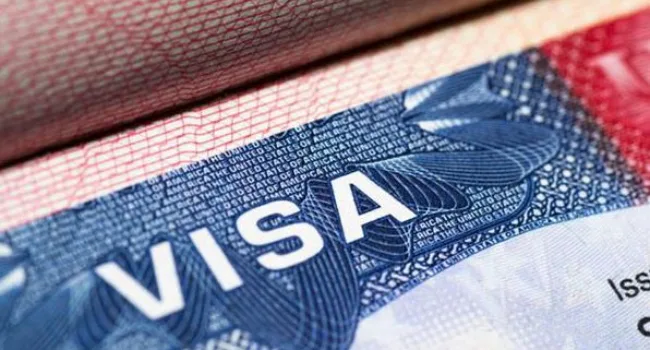The US Department of State has introduced sweeping changes to its non-immigrant visa policy, requiring applicants to schedule interviews strictly at the US Embassy or Consulate in their country of nationality or residence.
The new guidance, published on September 6, 2025, on the State Department’s official visa portal, takes immediate effect and overrides all prior instructions on visa processing locations.
According to the Department, nationals from countries where the U.S. does not conduct routine visa operations must apply at designated embassies or consulates—such as Afghans in Islamabad, Belarusians in Vilnius or Warsaw, Cubans in Georgetown, Iranians in Dubai, Russians in Astana or Warsaw, Venezuelans in Bogotá, and Yemenis in Riyadh.
The State Department highlighted three critical changes:
Residence Requirement: Applicants must prove they reside in the country where they apply, if applying based on residency.
Fees: Those who book interviews outside their country of nationality or residence may face tougher scrutiny, and visa fees in such cases will be non-refundable and non-transferable.
Appointment Delays: Applicants outside their home country should expect significantly longer wait times.
Existing appointments “will generally not be cancelled,” the Department clarified, adding that the new policy does not apply to diplomatic, NATO, or UN-related visas. Exceptions may still be granted for humanitarian, medical, or foreign policy reasons.
Officials say the reforms aim to streamline adjudications, manage global backlogs, and enhance security. However, the directive effectively ends a long-standing practice in which applicants—faced with bottlenecks—traveled to neighbouring countries to secure interview slots.
For Nigerians, for example, it was common to book appointments in Ghana, Cameroon, Namibia, or even further afield when slots in Abuja or Lagos were unavailable. Under the new policy, such workarounds will no longer be possible.
The change is expected to significantly reshape how applicants navigate the already lengthy and difficult visa process, particularly in high-demand countries with severe appointment backlogs.


